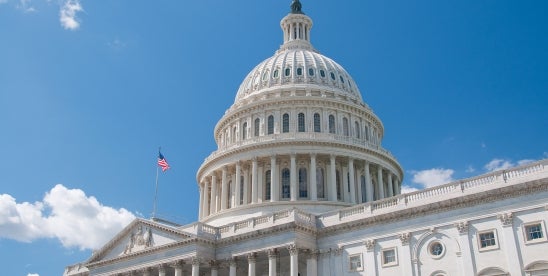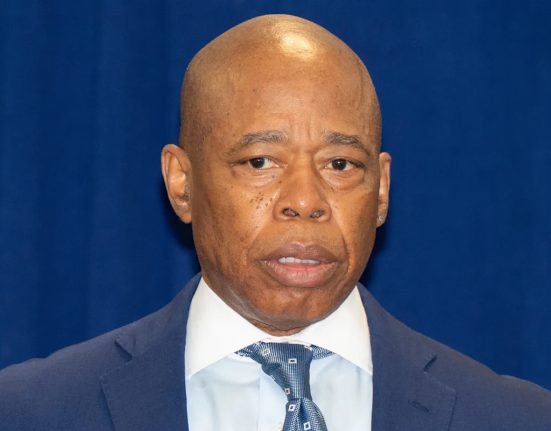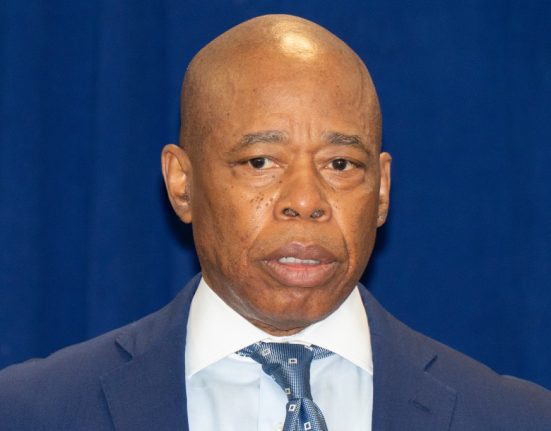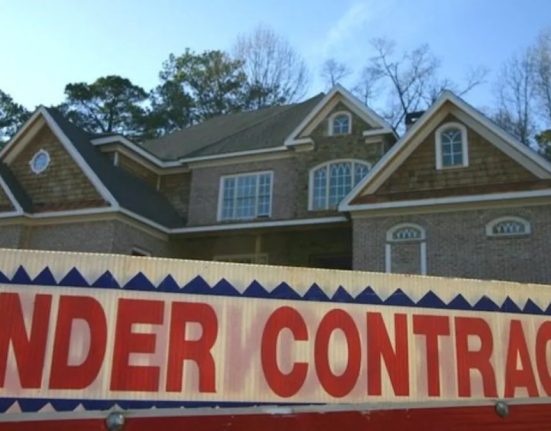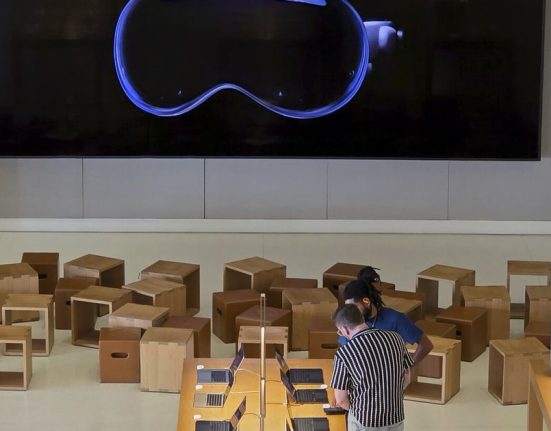On June 16, 2025, the Senate Committee on Finance released its initial version of revisions to the “One, Big, Beautiful Bill” the House of Representatives passed last month. Included in this proposed language (the Senate Proposal) are amendments regarding Qualified Opportunity Zone (QOZ) investments.
Background
Under current law, taxpayers can obtain the income tax benefits of the QOZ provisions by timely investing capital gain realized on or before Dec. 31, 2026, into a qualified opportunity fund (QOF). The window for making a timely investment is 180 days from (i) the day that a taxpayer (or a passthrough entity in which the taxpayer holds an interest and thereby is entitled to an allocation on Schedule K-1) realizes capital gain, (ii) the last day of such passthrough entity’s taxable year if such passthrough entity itself does not make an investment of such capital gain in a QOF, or (iii) the due date (excluding extensions) of such passthrough entity’s due date for filing its annual federal tax return (the Investment Period).
Effective Dates
- The new deferral and permanency provisions in the Senate Proposal would take effect for amounts invested in QOFs on or after Jan. 1, 2027. This effective date may create concerns for current QOF sponsors with respect to fundraising efforts between the date of the Senate Proposal (June 16, 2025) and Jan. 1, 2027. This effective date is consistent with the legislation the House passed on May 22, 2025 (the House Version).
- States may designate new QOZs beginning on July 1, 2026. This designation date is six months earlier than the Jan. 1, 2027, QOZ designation date provided in the House Version (thus eliminating a potential 90-day period (or 120 days, if extended) during which no new QOZs would exist). A new designation period would commence every 10 years, on July 1.
- The Senate Proposal would keep both existing and future QOZs designated for a period of 10 years commencing on Jan. 1 following the date the Treasury Department certifies the QOZ. This provision would allow all current QOZs to retain their QOZ status until Dec. 31, 2028 (as opposed to the end of 2026, per the House Version).
Operative Provisions
- The Senate Proposal would make the QOZ incentive permanent under the Internal Revenue Code.
- Under the Senate Proposal, capital gains (including capital gains realized by taxpayers in 2026 that are subject to an Investment Period that ends in 2027) may be invested in QOFs starting Jan. 1, 2027, benefitting from the any changes made by the amended Senate Proposal.
- The Senate Proposal requires recognition of gains realized and deferred under the QOZ regime after 2026 upon the earlier of (a) a taxpayer’s disposition of its QOF investment or (b) Dec. 31, 2033, with the latter date resetting every 10 years for gains a taxpayer realizes and defers after such date.
- In addition to deferral of invested gain, taxpayers would receive:
| – | an annual incremental step-up in the tax basis of their QOF investment over the first six years they hold their investment in the QOF up to a maximum step-up in the tax basis in their investment of 10%, and |
|
| – | ultimate exclusion of gain by investors upon exit. |
- The Senate Proposal provides a special rule for investments held at least 30 years. If the investment is sold on or after 30 years, the taxpayer’s tax basis in the investment is stepped-up to the fair market value of the investment as of the 30th anniversary of the investment. As a result, any further appreciation in value after the 30th anniversary would be subject to tax at the time of sale.
- The Senate Proposal maintains the House Version’s increased limitations of statewide area income for eligible census tracts for QOZ designation to 70% from the 80% in current law, but the Senate Proposal does not require the House Version’s 30% rural QOZ set aside. The overall reduction in state median income requirements from 80% to 70% may reduce the number of census tracts that are eligible for designation as compared to current law.
- The Senate Proposal would repeal special disaster relief for QOZs in Puerto Rico for Hurricane Maria.
- The Senate Proposal does not provide for the automatic deferral of any interim gain from an investment sold within an investor’s 10-year hold period, even if the proceeds are reinvested in another QOZ project within 12 months of the sale (however, the current law that allows for investors that are allocated interim gain to make a new deferral election and investment in a QOF with a new 10-year investment clock remains in effect).
- The Senate Proposal does not provide for a “fund of funds” concept among QOFs, nor a similar concept for Qualified Opportunity Zone Business (QOZB) investments in other QOZBs.
- The Senate Proposal does not contain any QOZ modifications to incentivize affordable or workforce housing. Such provisions may be a priority in additional discussions in the Senate.
- The Senate Proposal does not follow the House Version in allowing a limited investment of ordinary income or after-tax income into QOFs. The House Version capped such investments at an aggregate $10,000 for each investor.
- The Senate Proposal closely mirrors the House Version in allowing for Rural Qualified Opportunity Fund enhancements, including a 300% increase in the basis step-ups discussed herein (30% maximum total) and a reduction of the substantial improvement requirement for QOZB property from 100% to 50% for rural investments.
- The Senate Proposal closely mirrors the House Version in providing reporting requirements for QOFs and QOZBs, including penalties for failure to report. The Senate Proposal makes such reporting mandatory upon the legislation’s enactment and provides the IRS with $15 million of funding to enact reporting requirements.
Next Steps
The tax provisions of the “One, Big, Beautiful Bill” will be subject to further discussions among Senate Republicans, and the Senate Parliamentarian will also review the bill to assure compliance with the Senate “Byrd Rule.” Once that process concludes, the language (potentially modified) will be included in a broader substitute amendment to the House-passed bill for debate on the Senate floor. The substitute amendment is subject to further amendments during the Senate floor debate. If the Act is passed by a majority of the Senate, it will then be subject to debate by a House-Senate Conference Committee to resolve any differences between the two bills, further debate by the House of Representatives to consider additional potential changes, or agreement by the House of Representatives to the Senate language without amendment.
Laura Hendee Siman contributed to this article

